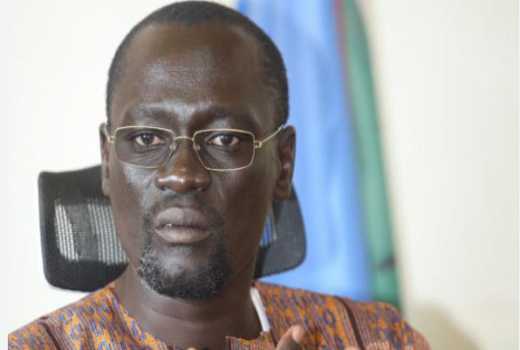×
The Standard e-Paper
Kenya’s Boldest Voice

The Council of Governors (CoG) has explained why its relationship with the national government has been more cordial under the chairmanship of Turkana Governor Josephat Nanok.
But the team that took over after last August's election says the CoG has changed tack to embrace dialogue.